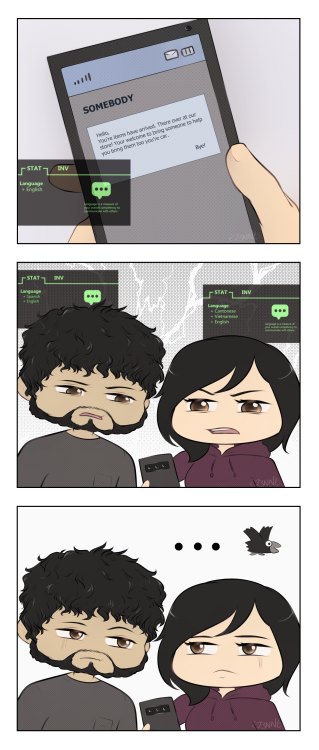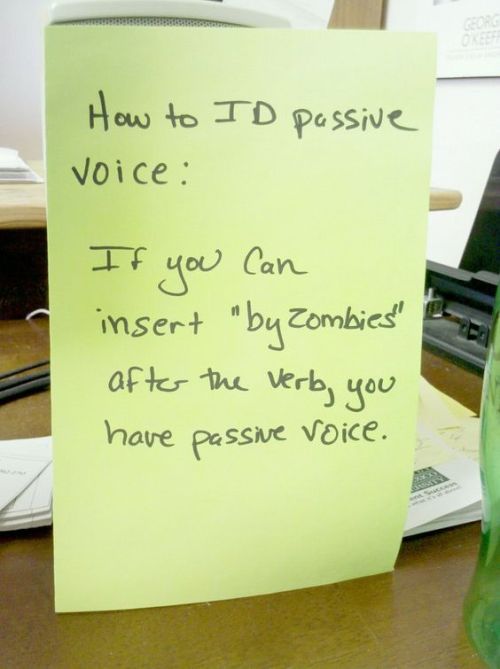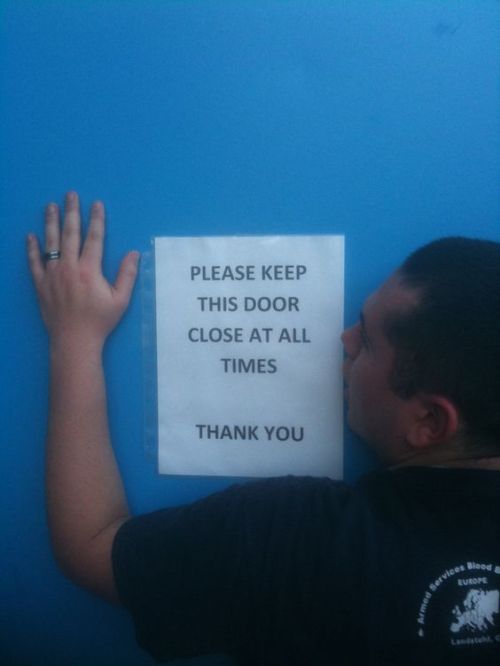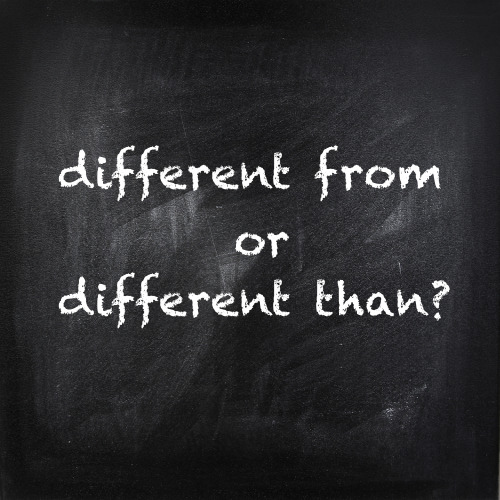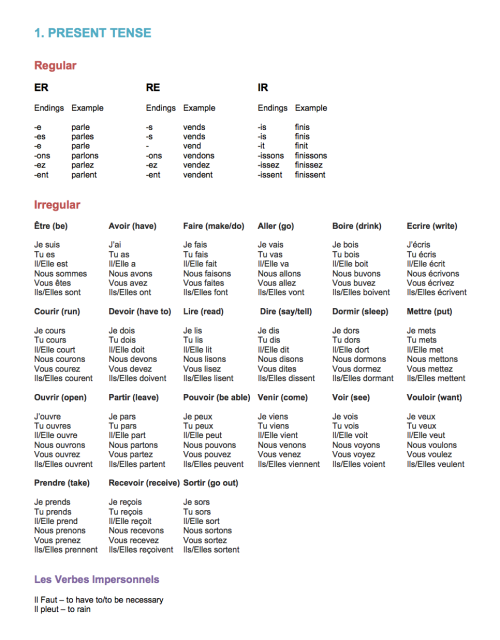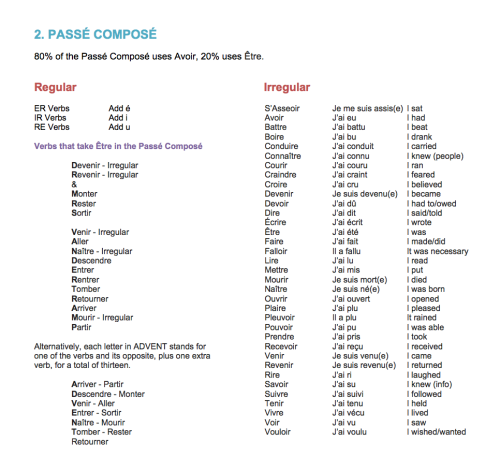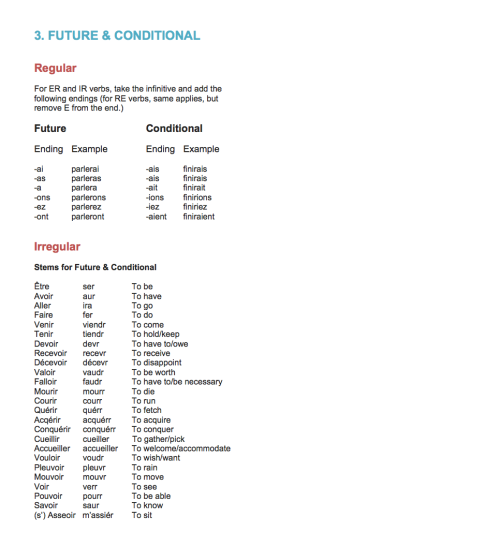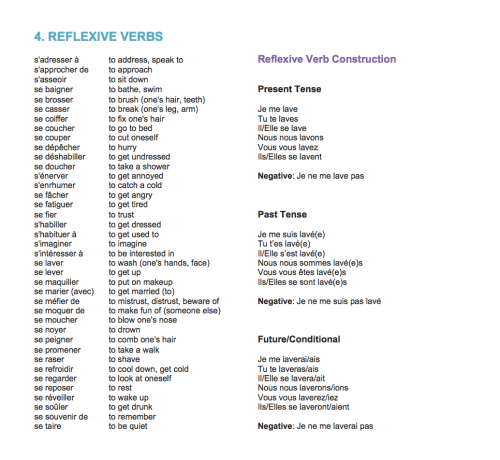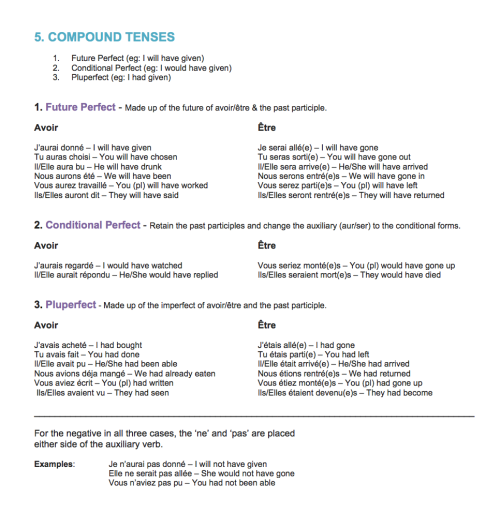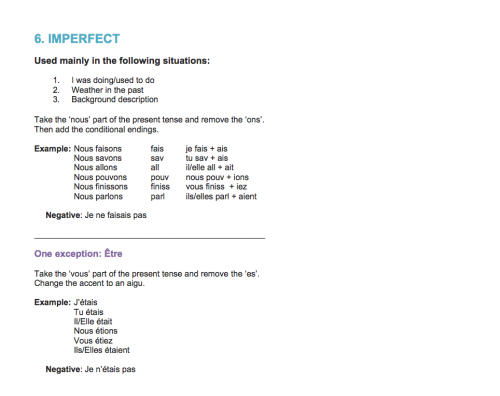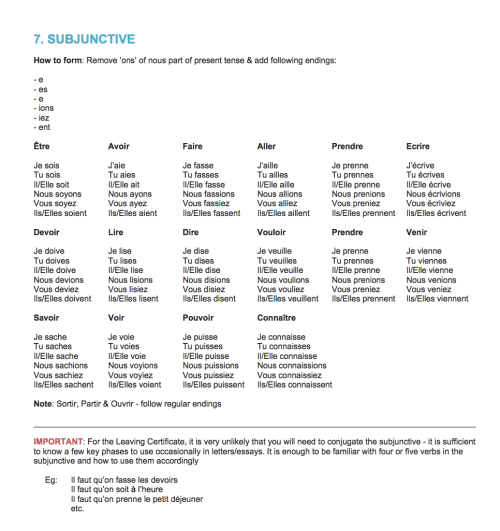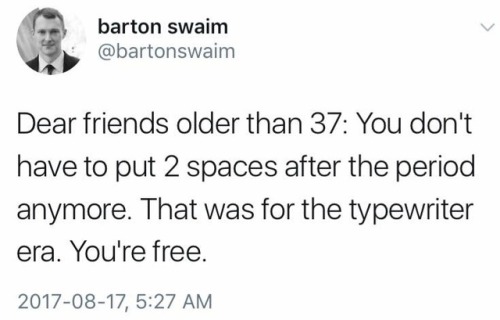#grammar
This honorific marker should be added to verbs when speaking with someone who deserves respect i.e. parents, people older than you, teachers, doctors… When talking about yourself you don’t use this form!
(The infinitive form of ~(으)시 is ~(으)시 + 어 = ~(으)셔)
Present tense:
(Remember 다 is dropped from the dictionary form of the verb)
Verb stem ending with a consonant + 으세요
Verb stem ending with a vowel + 세요
앉 + 으세요 = 앉으세요 - To sit
읽 + 으세요 = 읽으세요 - To read
가 + 세요 = 가세요 - To go
오 + 세요 = 오세요 - To come
이 + 세요 = 이세요 - To be (이다)
Irregulars:
(note this isn’t the case for all verbs as there are some regular ones too!)
ㄷ Irregular:
Just like polite present tense conjugation (아/어/해요), some verbs have their final ㄷ dropped and replaced with ㄹ
- 듣다 - To listen
The final ㄷ is dropped and replaced with ㄹ + 으세요 =
들으세요 - 걷다 - To walk
The final ㄷ is dropped and replaced with ㄹ + 으세요 =
걸으세요
ㄹ Irregular:
The final consonant ㄹ is dropped
- 살다 - To live
Remove the final ㄹ + 세요 (since the verb now ends with the vowel ㅏ) =
사세요 - 알다 - To know
Remove the final ㄹ + 세요 (since the verb now ends with the vowel ㅏ) =
아세요 - 열다 - To open
Remove the final ㄹ + 세요 (since the verb now ends with the vowel ㅕ) =
여세요
ㅂ Irregular:
If ㅂ is followed by a vowel, the ㅂ is dropped and 우 is added
- 덥다 - To be hot
Remove the ㅂ and add 우 + 세요 =
더우세요 - 무섭다 - To be scary
Remove the ㅂ and add 우 + 세요 =
무서우세요
ㅅ Irregular:
Just like polite present tense conjugation (아/어/해요), the ㅅ is dropped but the vowels are not contracted (example below), therefore even if the final character is a vowel 으세요 should be added
- 낫다 - 나아요 (Present tense) - To get better
Drop the final ㅅ + 으세요 =
나으세요 - 붓다 - 부어요 (Present tense) - To swell/pour
Drop the final ㅅ + 으세요 =
부으세요
⭐️A&R⭐️
진짜 오랜만이에요! 보고 싶었어요

전 - Before / ago
후 - After / later/from now (in)
~에 is added as it is a time particle
저는 5 분 전에 출발했어요 - I left 5 minutes ago
저는 5 분 후에 출발할 거예요 - I’m leaving in 5 minutes from now
~기 is added to the verb stem when 전 is used after a verb
~은/ㄴ is added to the verb stem when 후 is used after a verb (은 is added if the verb stem ends in a consonant, ㄴ is added if the verb stem ends in a vowel)
직전에 - Just before
직후에 - Right after
저는 학교에 가기 전에 아침을 먹어요 - I eat breakfast before I go to school
비가 오기 전에 저는 갔어요 - I went before it rained
저는 수업 직전에 숙제를 했어요 - I did my homework just before class
영화를 본 후에 친구는 만날 거예요 - After the film I will meet my friend
그 책을 다 읽은 후에 저도 빌려 주세요 - Please lend me that book after you have finished reading it
저는 저녁을 직후에 텔레비전을 봐요 - I watch TV right after dinner
A&R

I now have a fantasy that is all but guaranteed to give me a strong, high quality orgasm. Of course, it’s fucked up, and I’m a dumb cunt for wanting it to come true.
The idea of a man or, preferably, men, beating me, tossing me around, raping me, and then cumming in me while I beg them not to has been getting me off like crazy. I want them to fuck my cunt, no condom, not caring that I’m not on birth control. To slap me around and choke me. To tell me they don’t care about my begging, that what I want doesn’t matter. That they know my preferences, listened to me talk about them, understand them, and are now just fucking ignoring them.
I want them to laugh at my tears, my attempts to bargain, and especially at my shouts of “Red!”, as if they give a fuck about my little safeword. I want to hear them talk to me about filling my cunt with their cum, about how they’re going to use me over the next 48 hours, and tell me that if I’m good, maybe they’ll let me have EC. Maybe.
I want to be forced to cum as they pound my unprotected hole, to hear them laugh and tell me how pathetic I am for getting off on being violated so intimately, on being marked like this, on having every part of me taken away from my control and used for their pleasure. I want them to force me to look into their eyes as they empty themselves into me.
I want it all recorded on video. I want them to use my hole again while they make me watch my face as I stop fighting back physically within the first few minutes, realizing how futile that is. Then to see myself just give up, see the fight go out of my eyes. To see where I accept that this is going to happen and simply sob quietly as I’m used like the cumrag I am.
And then, maybe not the first time, maybe not the second time, but eventually, I’ll stop resisting. I’ll even stop accepting. I’ll start craving it, start asking for it. I’ll beg them to fill me, leave me with cum dripping down my leg. I’ll fuck them back, moaning as I think about the risk and imagine the shame of getting pregnant from this, shuddering as I think about how I’m just a cumdump, a set of holes for them to use. They don’t give a fuck what I want. I couldn’t stop them, even if I tried. This was going to happen from the moment they decided they wanted to do it.
When they finally decide they’re done with me, I imagine them buying EC and taunting me with it. Making me humiliate and degrade myself further, desperately trying to earn it from them. When they finally give me the pills, it will be far too late to be anywhere near as effective as I need them to be. Then, to drive home the extreme violation and the ownership that they, not I, have over my body, when I find myself pregnant, they’ll force me to get an abortion.
Maybe they’ll accompany me to the clinic, and whisper in my ear in the waiting room. Other people will think they’re being reassuring, but they’ll actually be telling me how I asked for this, how I’m a stupid cunt for being in this situation. They’ll be describing what they did to me, making me relive it. And they’ll know how wet I’m getting, imagining what happened that led me to be sitting there, waiting to be called in.
Or maybe they’ll be even more cruel. Organize a protest on the day of my appointment, forcing me to walk past angry, shouting people who call me a murderer and a whore. I’ll have to sit in the clinic with other upset women, and I’ll know it’s my fault that those protesters are out there.
Of course, they aren’t monsters. They’ll be there to take me home afterwards. And then they’ll do it all over again.
Reminds me of how my depravity began. Getting raped, knocked up and having an abortion at 17. Now that’s all that gets me off.
Stupid sluts like you get off on things like this because your dirty and lesser. One of your only jobs as woman is to procreate and you willingly stopped that. You will always be second hand and nothing you do will make you better in any way.
My/our dirty and lesser what?
mizzle
This word is actually very funny to me, because it did not remotely go where I expected.
The word this week is mizzle, which is a rather lovely way of describing a light, drizzly rainfall. This comes from the Middle English misellen, of the same meaning, “to rain gently.” The question of borrowing is a little fuzzy, but it likely was adopted from either an Old Dutch or Low German variation, both meaning something more akin to “mist.” At this point, though, any inquiry further back relates to words meaning “urine, or to urinate.” This root exists in a lot of Germanic languages, and they are likely additionally connected to the Latin mēiō, which means, quoted from the 1890 Charlton T Lewis, An Elementary Latin Dictionary entry: “to make water.”

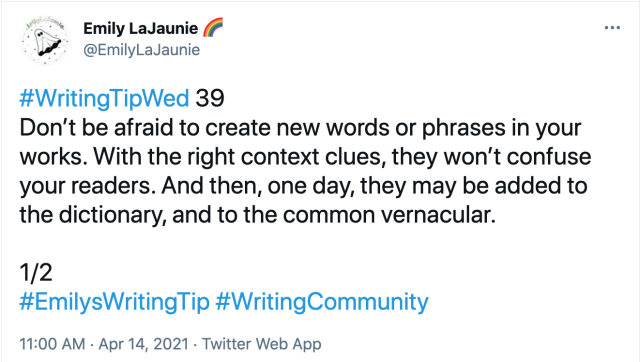




April’s WritingTipWed! Every Wednesday I post a writing tip on my Twitter! If you want to see these weekly, follow me @/EmilyLaJaunie.
~✦~✦~✦~✦~✦~✦~✦~✦~✦~✦~
#WritingTipWed 38 - A sentence doesn’t always have to be grammatically correct, especially with commas. If the sentence your grammar checker flagged for not having/having a comma flows better the way you wrote it, then keep it.
#WritingTipWed 39 - Don’t be afraid to create new words or phrases in your works. With the right context clues, they won’t confuse your readers. And then, one day, they may be added to the dictionary, and to the common vernacular.
Like Shakespeare who invented over 1000 words in the English language, like “bedazzled” and “addiction”, and many of them are used in everyday conversation to this day.
#WritingTipWed 40 - Cliches are not inherently bad. There are bad ones sure but using some in your writing doesn’t automatically make you a bad writer. You shouldn’t avoid them completely and should incorporate some into your writing.
Using selective cliches adds familiarity to your writing. Readers can get excited because they somewhat expect what’s going to happen. And then, if you subvert the cliche, it’ll create surprise/intrigue in your readers and it’s a great way to make a statement/critique.
#WritingTipWed 41 - If you cringe at what you’ve written before, whether it was years ago or yesterday, that’s good! You’ve grown as a writer and are more certain of how you want to write, even if you don’t know how to fix it at the moment.
I’d now like to briefly explain how I got to a point where the girl I went to karaoke with forgot that I wasn’t Japanese until I started singing Ed Sheeran. (don’t worry my ego gets a fair beating) To be fair she comes from Okinawa, people mistake her as a foreigner sometimes.
“Had I known that restaurant was so expensive, I wouldn’t have gone.” Before you read this, @ Japanese learners, have a think or even write down how you’d say that in Japanese.
Sometimes you’ll start saying a sentence and realise that you don’t know how to say the thing. WRITE THIS SHIT DOWN and go ask a native speaker. Trust me this is exhilarating stuff. As a language learner, there’s no better feeling than smashing down those barriers to having fluent conversation. Scratch that, there’s no better feeling as a human being. Maybe I just like language learning too much. So I’d like to give you a right and proper case study for how to study how to speak like a native. Trust me, they don’t teach you this is school and you for sure cannot learn this by yourself.
In Japanese there is no future tense, allow me to draw out the chart.
Did した | Am Doing している | To Do する | Will do する
Yesterday I studied = 昨日勉強した
I’m (currently) studying = 今勉強している
I study Japanese = 日本語を勉強する
I’m studying Japanese tomorrow = 明日日本語を勉強する
Bonus tip for Japanese learners. I’m going to study Japanese is still 日本語を勉強する。I see a lot of people use するつもりだ and する予定 which native speakers tend not to use unless they actually mean. I intend to study, like you have to really intend to do the thing to say つもり、if you’re just gonna study, stick to する。Also for 予定, your textbook will probably say this means “plan to” or “have plans to” and while this might make it seem like you can just create the future tense, this creates the sense that you’ve made a schedule and you’re studying tomorrow. In fact, while I’m at it べき gets used a lot more than it should. It textbooks it means “should” but it’s not just a “what should I do now”, it’s more of a “what should I have a sense of responsibility to do at this point in time”. It’s a little heavy so maybe refrain from using it too much. Here are a couple of alternatives. どうしたらいい?どうすればいい?
So now that we’ve established that verb conjugation in Japanese doesn’t allow us to make the future tense, how do I say the following sentence in Japanese?
“Had I known that restaurant was so expensive, I wouldn’t have gone.”
Let’s break this down. We’ve got two phrases separated by a comma. The first phrase can be translated as: あのレストランはそんな高いと知ってたら which isn’t that complicated but in the second phrase we run into this problem where the present me is lamenting and action that, in the past is in the future. You might need to read that last sentence a few times. Chronological order:
past me | paying money at the expense restaurant | present me, complaining
So to make it clear: Relative to past me, paying money me is in the future and that’s where we’re gonna run into a problem. If Japanese can’t conjugate verbs, how am I supposed to express something that I would or would not have done.
あのレストランはそんな高いと知ってたら、行かんかったのに。Is what my Japanese friend said they would say in that situation. Let’s clean it up a bit.
あのレストランはそんなに高いと知っていたら、行かなかったのに。My first reaction is that the second phrase wouldn’t work because by itself it means something like “aw man, I didn’t get to go” But with the context of the first phrase and our knowledge that in Japanese, future and dictionary form are the same, so it kinda makes sense that this could be “I wouldn’t have gone” and I guess that’s just a thing that we’ve gotta accept mean what they mean.
So now that I’ve had my ego put in check by not being able to say something seemingly everyday and simple, I’ve decided that the only thing I know is that I know nothing. Also another pro-tip, if you have phrases that you couldn’t work out how to say during the day, have a real go at solving this in the shower.
Also if the answer was blindingly obvious to any of you let me know so I can question where I spent all those years of studying Japanese over a conbini pudding.
I’d like to briefly (turns out I lied, it’s fairly detailed) explain how I got to the point where Japanese grammar patterns are just part of life and I don’t really think about them. The most straightforward guides are Kanzen Master and Tae Kim.
That being said most Japanese textbooks will probably cover most of the grammar from N4&5. Everyone seems to like Genki, I’ve never touched it but it’s probably good.
Kanzen Master 新完全マスター
That’s it, really. My Japanese teacher at my language school in Japan literally photocopies pages out of these books.
Make your flashcards as you read the book and do practice questions. Go to Google, type the grammar pattern + grammar and japanesetest4you will come up. Read those sentences, make your own and get them checked by someone (post them somewhere like HelloTalk) and then realise how pointless every grammar pattern past N3 really is when they tell you a more natural way of not using that grammar pattern.
Also, get some Anki decks.
Pay close attention to how things connect.
What verb conjugation has to come before? Can nouns connect? How to change words? Does nominalisation occur? What does 普通形 mean?
The first question in each multiple choice section in Kanzen Master tests your 繋がり so it’s probably important. Sentences often give away what grammar patterns they will use.
For example, if I gave you the question「お前しか____だろう」
- わかる
- わからない
- わかろう
You know it’s gotta be ⑵ because ない always comes after しか。In pretty much every grammar guide these will be written down so get those highlighter engines running!
So that’s basically how you pass N1.
Pay attention to what kind of nuance the grammar has
Some grammar points can only be used when something happens due to the speaker’s intent(意志的行為), some can only be used when things happen of their own accord(自発). Some can’t be used when the speaker and the agent are the same and so on. Kanzen Master has these nuances written down below so again, get those highlighters going!
Make it easy for yourself
Kanzen master is written in Japanese so learning the words that are used to explain other words is a good move. For example, “verb, negative form” would look like 「ない形」or 「否定形」and then instead of “ない but without ない,” you could just say 「未然形」now learning is slightly more convenient and your notes will be cleaner.
There are a lot of grammar patterns that use the same words, 「わけ」「限り」「こと」「もの」「よう」など are the common enemies. Make sure you can easilytell the difference. Take your time and really learn these. As a test, try to explain them to someone else. Try to pick up on the commonly used phrases within each of those widely used words. That helps heaps.
UseSRS! Programs like Anki and WaniKani will do this for you. Now you take way less time to learn a lot more!
書き・硬い言葉 vs 話し言葉
Some grammar patterns are really useful in real life but sound odd if you were to write them in an essay
In witness whereof the parties hereunto have set their hands to these presents as a deed on the day month and year hereinbefore mentioned.
If anyone said this to you, you’d probably think it’s a joke.
The grammar patterns that are onlyused in either context will be marked as 硬い or 話し言葉. Similarly, there are some patterns that you would only use in certain contexts. Political speeches, advertisements, Japanese customer relations. This will be written as a warning but in fine texts at the bottom of each grammar pattern. You know the drill, highlighters! Maybe a different colour this time.
Be aware of what is not used in real life
When you try out your cool new grammar patterns in real life and people don’t react, that’s when you know you’ve got it right. That, or people won’t tell you when you’re wrong. Both are equally likely.
If you’re not sure, ask your friendly resident Japanese person if it’s 言うed. This’ll be edging more into speaking territory but be aware of how Japanese people use (or not use) the grammar that you’ve learned.
People love studying grammar - my thoughts
I get it, there’s formulas and you’re either right or you’re wrong. It’s easy to measure progress cause last week you were on 2課 and now you’re on 4課. And fair enough, the bulk of what you need for JLPT is grammar patterns.
However, if your goal is to pass the JLPT then maybe consider adding another goal but if not, then sure, stick to grammar.
If you wanna do uni in Japan then you’ll need N1
If your goal is to get better at Japanese, then put more time into something like learning 敬語 (respectful language) or making friends with Japanese people. I recommend, for starters, learning the N5 and N4 (I’m not sure but Genki probably covers most of these?) grammar patterns as fast as you can and then allot more of that energy into human connections while studying N3 grammar. Don’t rush into N2 grammar, they’re not used enough to warrant going in head on.
As for N1, being able to recognise the patterns is enough, don’t worry about being able to use them.
~~~
“Ego sum,” Spiritus inquit, “Larva Diei Christi Natalis Qui in Sententia Condicionali Futura Imperfectaque Nititur.
Nuntio quid futurum fuerit quod eventurum esset, si fuisset ut mores tuos mutaturus non esses.”
Post link
Susanna’s French Verb Masterpost!
Hello! I’ve been inundated recently with messages from lovely studyblrs asking me to post the verbs from my French verb wall - so voilá! I’m really sorry for the delay, I’ve been meaning to get around to it for ages, but what with oral exams, art projects, geography projects, graduation planning and general Head Girl stuff it’s been hectic.
I hope these help a few of you out, I know from experience how difficult it is to find a concise collection of all the French verbs (or certainly those necessary for the Leaving Cert/similar exams). I love having these stuck up on my wall beside my desk, they make French homework an absolute doddle. And by the way, my mum is a French teacher, so you can rest assured that this isn’t a load of ol’ inaccurate baloney!
Hope you all have a splendid day!
Post link



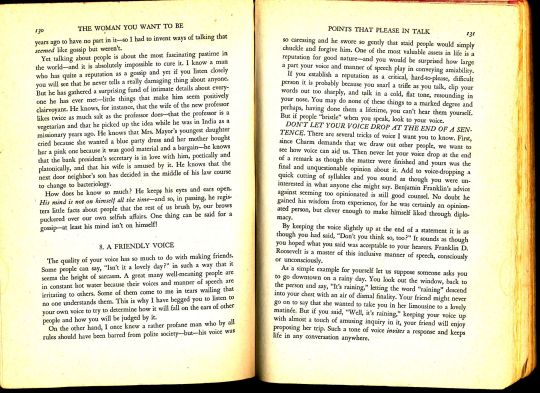

truly one of my favorite resources. thinking of uploading much more from this text.
「声かけてもらえると助かる」”I’d appreciate it if you could call me.”
〜てもらえると助かる (~てもらえるとたすかる)
“I’d appreciate it if you could ~/it’d be helpful if you could ~”This grammar point is a really polite way to ask someone to do something for you.
The 〜てもらえる part is from the potential form of one of the grammar points for receiving favors 〜てもらう
So basically もらう (to receive) –> もらえる (to be able to receive)
〜てくれる can be used too but 〜てもらう has a more thankful feel to it
and the verb 助かる means “to be saved” or “to be helped”
Ex:明日、空港に迎えに来てもらえると助かります。
あした、くうこうにむかえにきてもらえるとたすかります。
I’d appreciate it if you could pick me up tomorrow from the airport.
Post link
This is true. Please learn this, writers. Or unlearn the two spaces thing I guess?
I wanted to elucidate this topic a little more since there were a lot of responses and a bit of confusion.
The only Style Guide that still recommends the use of two spaces is APA (the American Psychological Association). Those interested in book publishing are typically meant to follow the CMS (Chicago Manual of Style), which has done away with the two spaces after a period rule.
So this goes beyond personal preference. If you intend to publish or send a manuscript off to an agent, publisher, etc., do not include two spaces after a period.
Those who want to know why this is a rule in the first place - I’ll just leave this link here.
http://www.quickanddirtytips.com/education/grammar/two-spaces-after-a-period?page=1
Post link
Oioi, those two can be quite confusing!
a) sitzen
sitzen = (to) sit
irregular in the past tense: Ich saß, ich habe/hatte gesessen
Tina saß auf dem Sofa. Tina sat on the couch.
b) setzen
setzen = (to) place / put
sich setzen = (to) sit down
regular in the past tense: Ich setzte (mich), Ich habe (mich) gesetzt
Tina setzte sich auf das Sofa. Tina sat down on the couch.

